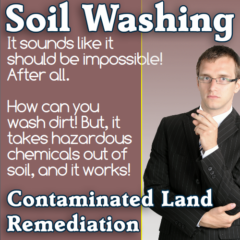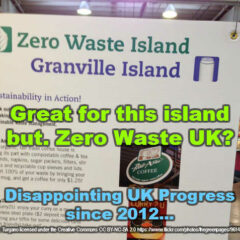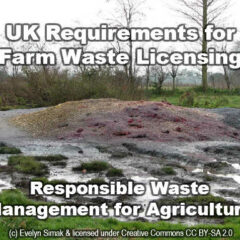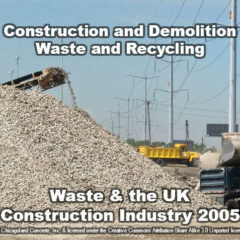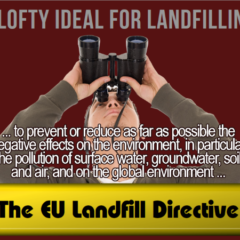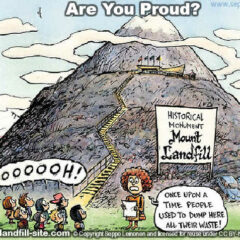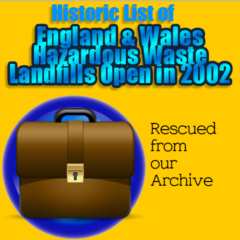England
Soil Washing Treatment of Contaminated Land
Soil washing has become an important method for cleaning up contaminated land. It was first propelled into the mainstream as a process for this purpose in the UK in 2004. The reason for this was that the summer of 2004 saw the implementation of EU Landfill Directive requirements in the UK. The implementation of EU […]
Zero Waste and UK Recycling Progress
Landfills vary immensely, but even the most recently developed are not considered to provide a sustainable way of getting rid of rubbish. They can cause pollution, and certainly hold the potential to do so. Very few of us want to live near to them, and the methane gas produced by them is a major contributor […]
UK Requirements for Farm Waste Licensing
EU Waste Framework Directive: The new UK requirements for farm waste licensing Farm (agricultural) waste disposal will as from this year (July 2006) regulated by the Environment Agency under the same regulations as municipal, commercial and industrial waste. Until the extended implementation date this summer (2006) agricultural businesses have been exempted from the Waste Management […]
Construction and Demolition Waste and Recycling
In tonnage terms construction and demolition waste is the UK’s largest waste stream accounting for 90 Million tonnes of material per year in England and Wales alone. To drive the recovery of demolition material and the use of recycled materials in new structures, ICE, working with London Remade and Envirocentre has developed the Demolition Protocol […]
Sanitary Landfill
A sanitary land fill is a waste disposal location where layers of compressed garbage is covered with layers of earth. When the facility reaches the end of its life and is full, a cap is used to close the top of site. Sanitary land fills are among the most popular methods for disposing of waste, although they […]
